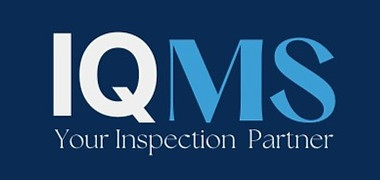SUPPLIER AUDIT
The current economy is based mainly on the mutual competition of enterprises from around the world. When choosing employees, companies try to find the best supplier that meets all requirements. To objectively compare potential partners, it is worth using an objective source. Such information may be provided primarily by an appropriate supplier audit.
Supplier Verification Audit
A supplier verification audit is a supply chain due diligence exercise that evaluates if a potential vendor is legitimate before a partnership is formed. It helps a buyer determine the risk level and draw an overview of its qualifications.
Factors to consider when choosing a supplier?
-
Price: The lowest price is not necessarily the best value.
-
Quality: Is the quality of their business consistent?
-
Reliability: Is the supplier able to deliver as promised on time and accurately?
-
Communication: Do they have a communication system to easily place orders?
-
Financially stable: Build long-term relationships with suppliers.
-
Capacity: The capacity of your supplier is an essential factor to consider.
-
Payment terms: Consider what the best payment system is for your business.

Extensive Factory Audit
An Extensive Factory Audit is part of an effective quality assurance program to minimize risks and improve supply chain performance. It should be performed before you place an order with a new vendor.
-
Avoid scams and ensure suppliers’ reliability
-
Ensure potential vendors for your product.
-
Ensure national and international regulations followed
-
Check the experience of the factory in manufacturing targeted products
-
Monitor your supplier’s quality management system over time
Environmental Audit
An assessment of the extent to which an organization is observing practices that minimize harm to the environment. These audits are generally conducted based on the ISO 14001 standard.
-
Ensure that your supplier’s chain is free of problematic environmental issues
-
Improve or maintain your reputation as an environmentally responsible organization
-
Achieve strategic business aims related to the sustainability of your products

Social Audit
A social audit is a way of measuring, understanding, reporting and ultimately improving an organization's social and ethical performance. A social audit helps to narrow gaps between vision/goal and reality, between efficiency and effectiveness.
Ensure they align with international labor standards
Supplier’s commitment to employee health and safety?
Ensure compliance with environmental regulations & sustainability goals.
Supplier commitment to corporate social responsibility?
Suppliers may not support the use of “forced labor.”